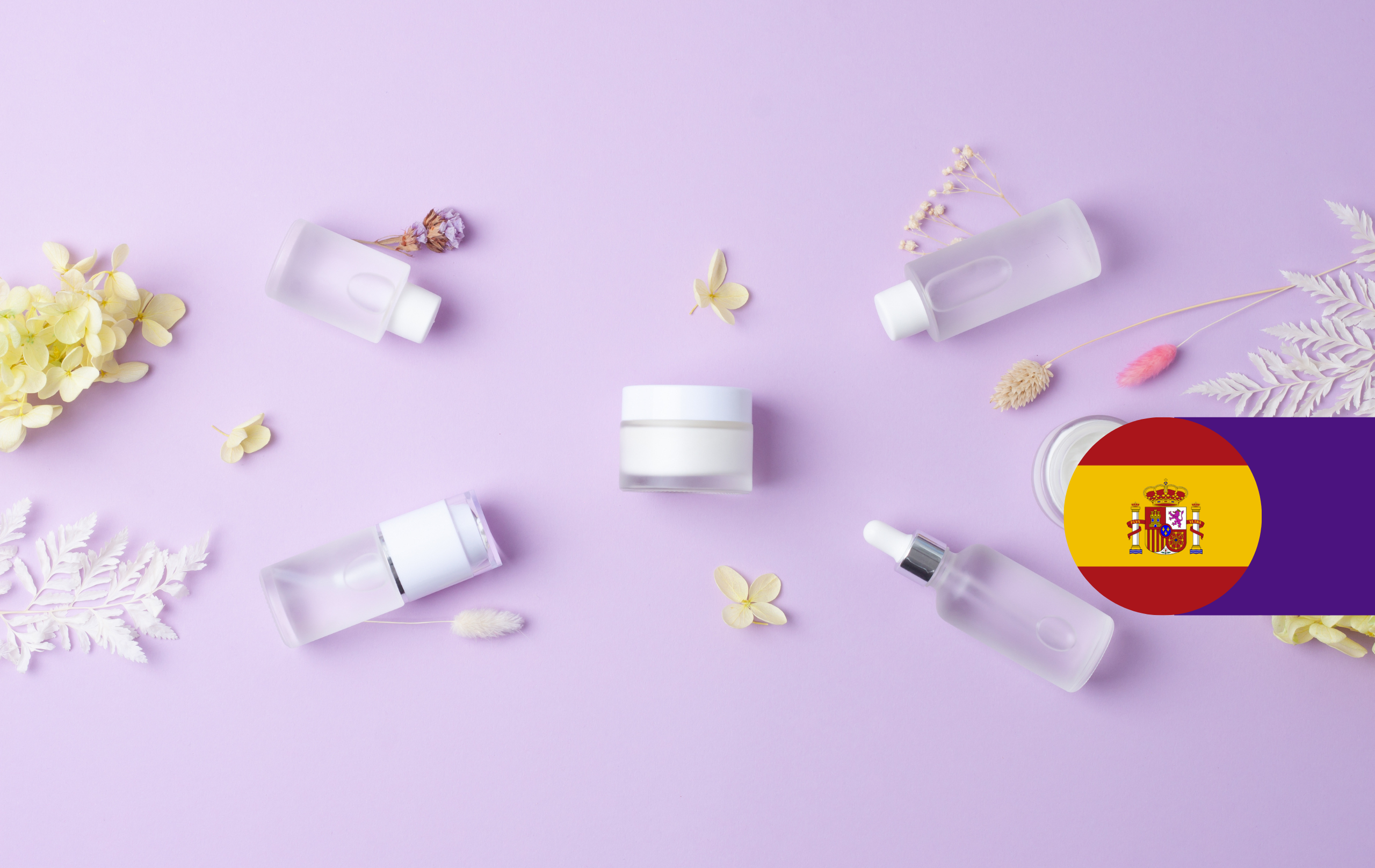December 19, 2022 – In Spain, the laws on cosmetic products are Regulation (EU) 1223/2009 and Royal Decree 85/2018 of February 23, which provides additional requirements to the EU law. In particular, it establishes:
- The competent national authority for cosmetic products, namely the Agencia Española de Medicamentos y Productos Sanitarios (AEMPS);
- Language requirements for labelling and Product Information File (PIF);
- Rule for the labelling of cosmetic products that are not pre-packaged or packaged at the point of sale;
- Procedures for the communication of serious undesirable effects and risks to human health by the Responsible Person and distributors and between competent authorities;
- Market surveillance activities’
- Requirements related to the import of cosmetic products.
Language requirements
According to Article 6 of Royal Decree 85/2018, the following information shall appear in Spanish on cosmetic products’ labels:
- Nominal content;
- Expiry date or Period after opening (PAO);
- Precautions for use;
- The function of the product.
Furthermore, the PIF documents kept by the Responsible Person in Spain must be in Spanish; only specialised scientific documentation may be in French or English.
Responsible Declaration
Article 18 of Royal Decree 85/2018 provides that companies that manufacture or import cosmetic products in Spain must submit a responsible declaration to the AEMPS before starting their activity. In the responsible declaration, the company declares they comply with good manufacturing practises (GMP) and obligations of Annex I to Royal Decree 85/2018. Distributors are not subjected to this requirement, even if they do the labelling translation.
Personal care products
When the classification of a product is uncertain, the responsibility for its determination belongs to the AEMPS. Moreover, in Spain, there is a special regulatory framework for personal care products (productos de cuidado personal). Personal care products are those which do not fall under the definition of cosmetic products, biocides, medical devices, or medicinal products but that, however, are intended to be applied on the skin, teeth or mucosa for aesthetic or hygienic purposes. Some examples are toothpaste, tattoo inks, permanent make-up products, chemical peeling, vaginal lubricants, sports massage products, and eye cleansers.
Personal care products need pre-market authorization by the AEMPS to be sold in Spain. Manufacturers can request the authorization online via the online register of personal care products and submit the technical documentation, including safety information and instructions for use.
Subscribe for free to our monthly newsletter and follow us on LinkedIn to remain always updated on the latest news on the cosmetics regulatory framework.



Leave a Reply